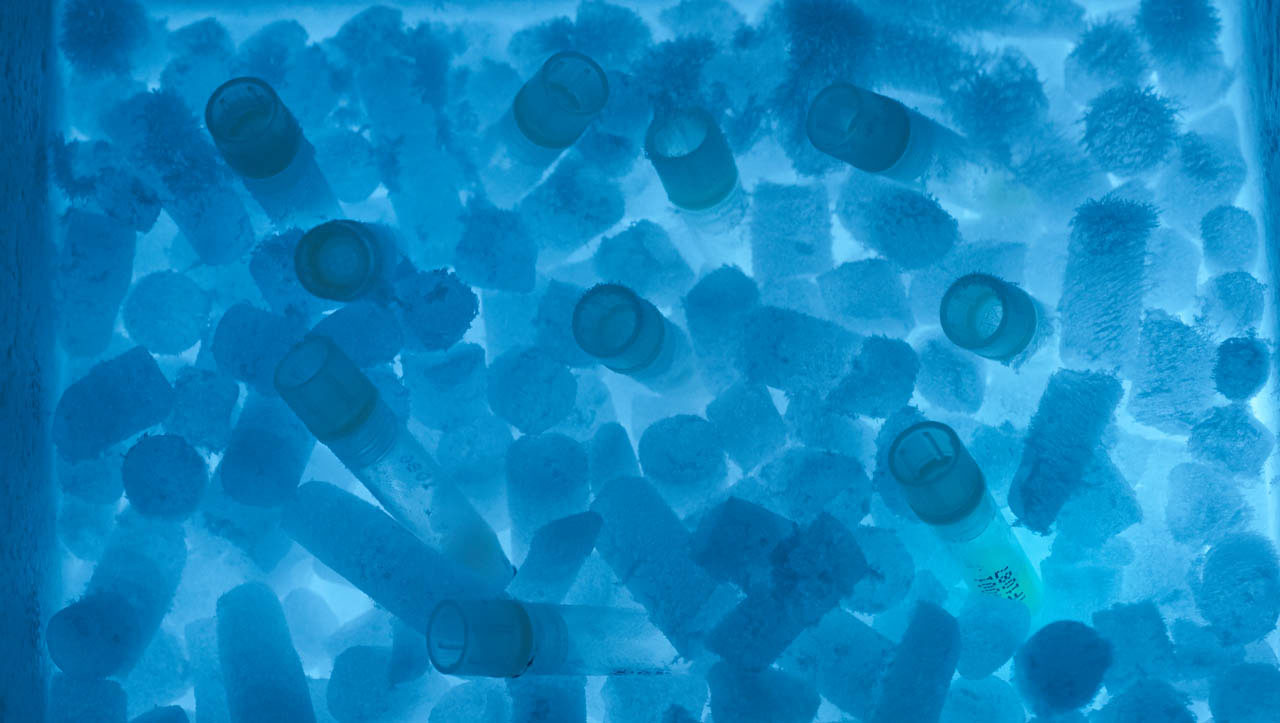- Other Products
- CCP
The epidermal growth factor receptor (EGFR) plays an important role in the signaling that directs the behavior of epithelial cells. It is one of four transmembrane growth factor receptor proteins that share similarities in structure and function.
There are multiple ligands that bind to and activate EGFR. Ligand binding with EGFR results in receptor homo- or heterodimerization at the cell surface, followed by internalization of the dimerized receptor. After this step, autophosphorylation occurs followed by a cascade of downstream signals.


The epidermal growth factor receptor (EGFR) plays an important role in the signaling that directs the behavior of epithelial cells. It is one of four transmembrane growth factor receptor proteins that share similarities in structure and function.
There are multiple ligands that bind to and activate EGFR. Ligand binding with EGFR results in receptor homo- or heterodimerization at the cell surface, followed by internalization of the dimerized receptor. After this step, autophosphorylation occurs followed by a cascade of downstream signals.
EGFR is one of the most potent oncogenes known and are often altered in cancers. It is overexpressed in the majority of solid tumors, including breast cancer, head-and-neck cancer, some lung cancers, renal, ovarian and colon cancer.
There are two ways in which EGFR is altered in cancer: by over-expression and by kinase-activating mutations.
Since EGFR is common in cancers, there is great interest in therapies that target the receptor. Currently, there are two main types of EGFR inhibitors:
TKIs have been clinically effective but are usually limited to quality-of-life improvements rather than overall survival rate. EGFR mAbs in combination with chemotherapy or radiotherapy has been shown to increase five-year survival rates with up to 10%.
Although EGFR inhibitors have clinical benefits against many forms of cancer, they have been marred by the development of resistances in patients that make them ineffective over time. New EGFR inhibitors that address the shortcomings of the current therapies are needed.
Being able to accurately measure the ADCC activity of a drug candidate is essential in the development of new therapeutics. Svar offers a sensitive and specific cell- based iLite® ADCC EGFR assay which is ideal for determining the potential of an antibody targeting EGFR to elicit ADCC. This assay is ideal for identifying the mechanism of action of new therapeutic antibodies, assess immunogenicity and determine biosimilarity between a candidate drug and its originator.
The combination of cleverly engineered effector cells and homologous antigen-positive or antigen-negative target cells creates a system that offers unparalleled sensitivity for each target and is truly greater than the sum of its parts.